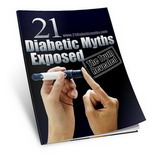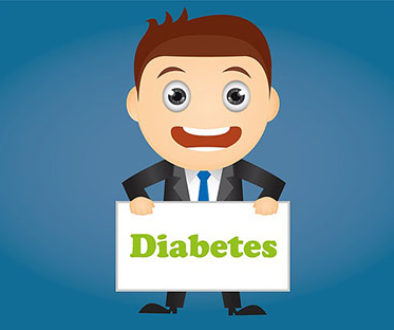Gestational Diabetes
If your doctor of midwife says you have gestational diabetes, what does that mean? What changes – if any – do you need to make? What are the signs of it, and what are the risks if you change nothing? Did they really even need to test for gestational diabetes?
Talking Definitions
Gestational diabetes is a condition of high blood sugar during pregnancy. It usually develops during the second half of pregnancy, and can affect up to 15% of pregnant women.
Some women more likely to get gestational diabetes. These include women who have had it before (with a previous pregnancy), who have diabetes in their family, who have had a stillborn baby before, who have given birth to a baby weighing ten pounds or more, or who are very overweight themselves. Some women develop diabetes during pregnancy without any of these risk factors, however.
As for symptoms – a woman may or may not exhibit any of them. Or she may have symptoms but actually not have gestational diabetes, since many of the signs are also common in pregnancy, like nausea or vomiting, increased need to urinate, and fatigue. Other signs are increased thirst, more bladder or yeast infections, and blurred vision. Regardless of symptoms, it is wise for all women to be screened for gestational diabetes during the 24-28 weeks of their pregnancy, if not before.
Are There Really Dangers?
If you have gestational diabetes and do not treat it, you are endangering yourself and your baby. Your baby is at increased risk of either being too large or too small for gestational age. Being too large puts the mother at increased risk of needing interventions during the delivery – like delivery by forceps or caesarean surgery, or of shoulder dystocia during a vaginal delivery. Babies to mothers with gestational diabetes are also at risk of low blood glucose, jaundice, and other things. These babies are also more likely to not be mature at delivery, being more prone to respiratory distress syndrome because of incomplete lung maturity.
As for pregnant mothers, those who have had diabetes during their pregnancy are at greater risk of developing type 2 diabetes later in life. This risk is higher for those who require insulin treatments.
Children of women who had diabetes during their pregnancy are at higher risk of childhood or adult obesity, and more chance of having type 2 diabetes as they grow older. They are also more likely to have a glucose intolerance.

In this eBook, you are going to learn the 21 Diabetic Myths that many people may have heard and learn the truth about each of them.
I hope you gain some benefit from reading this short eBook. Many of the myths worry folks when they first become diagnosed as a diabetic.


